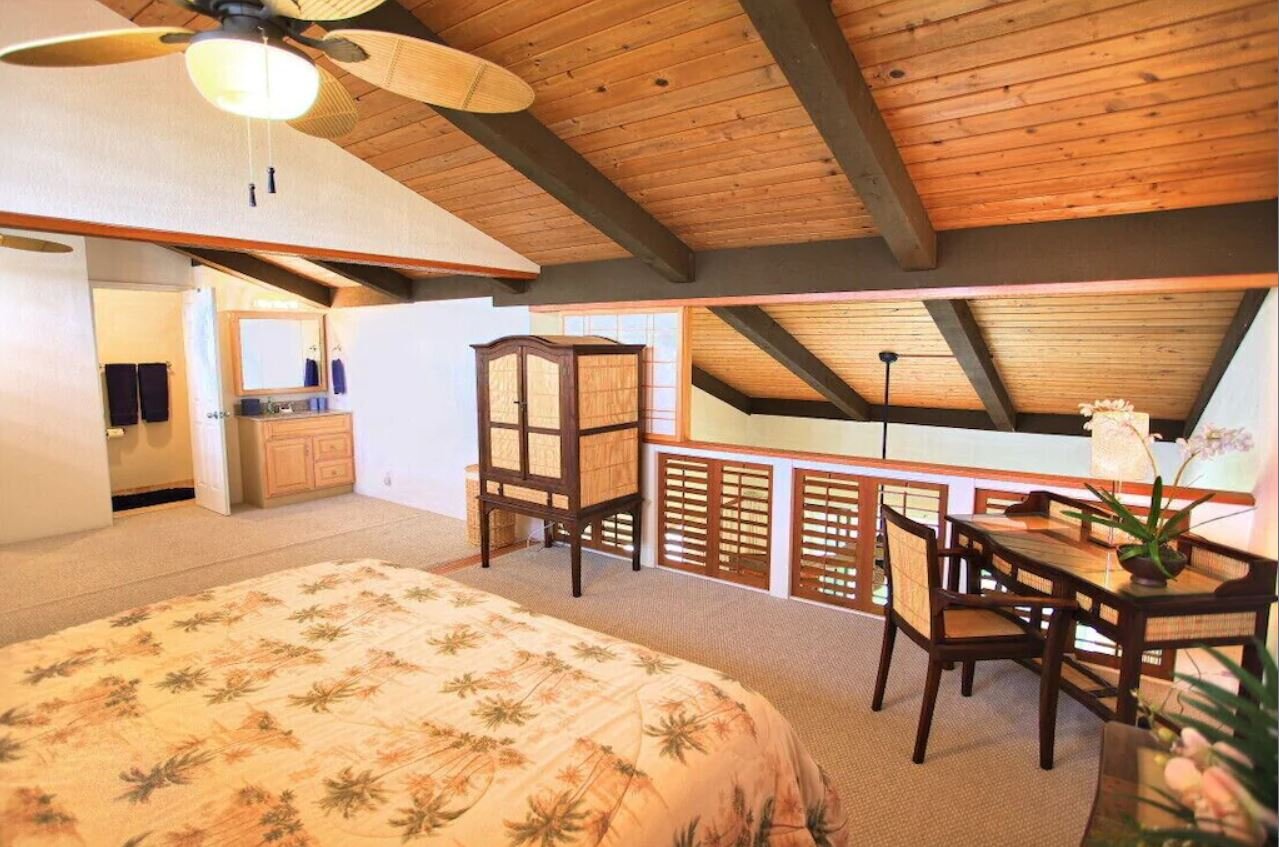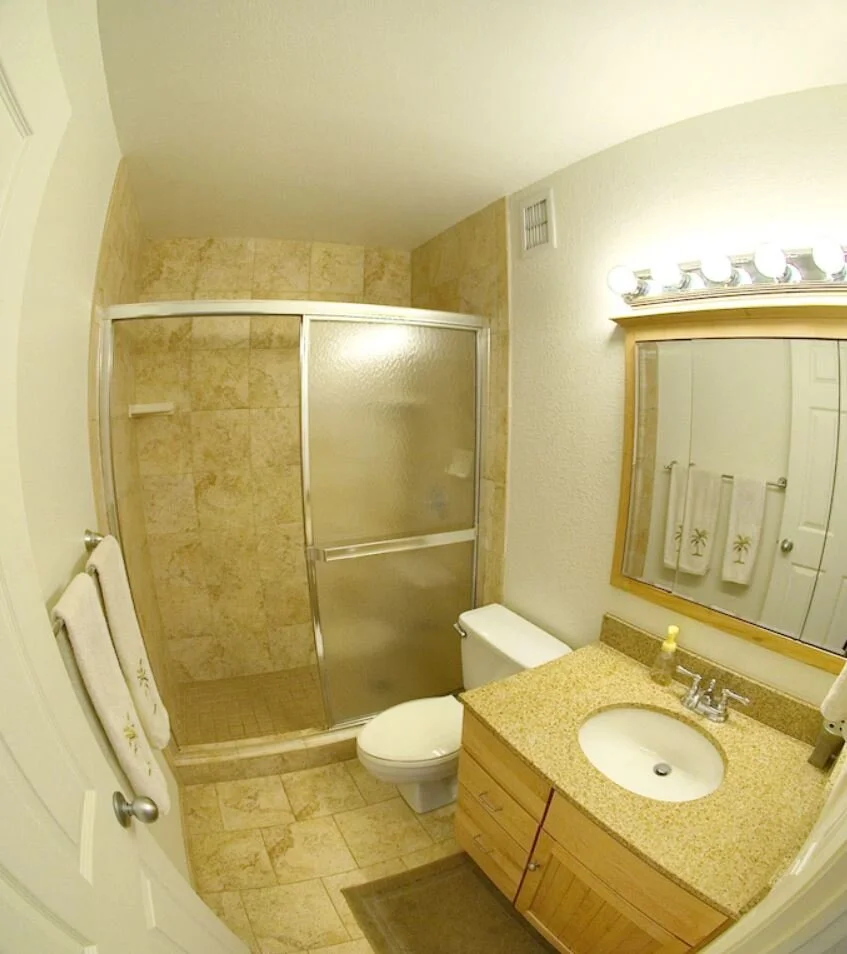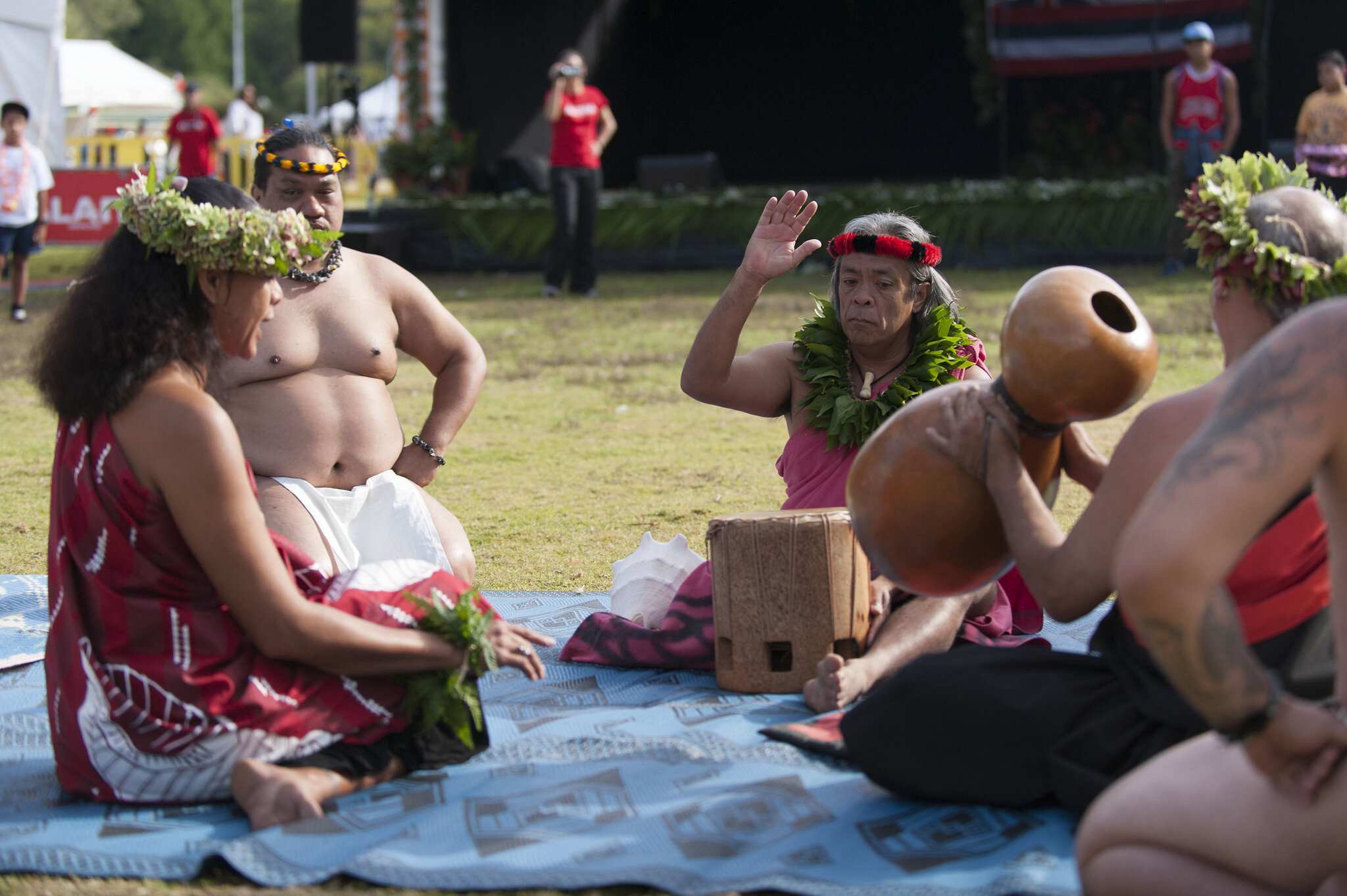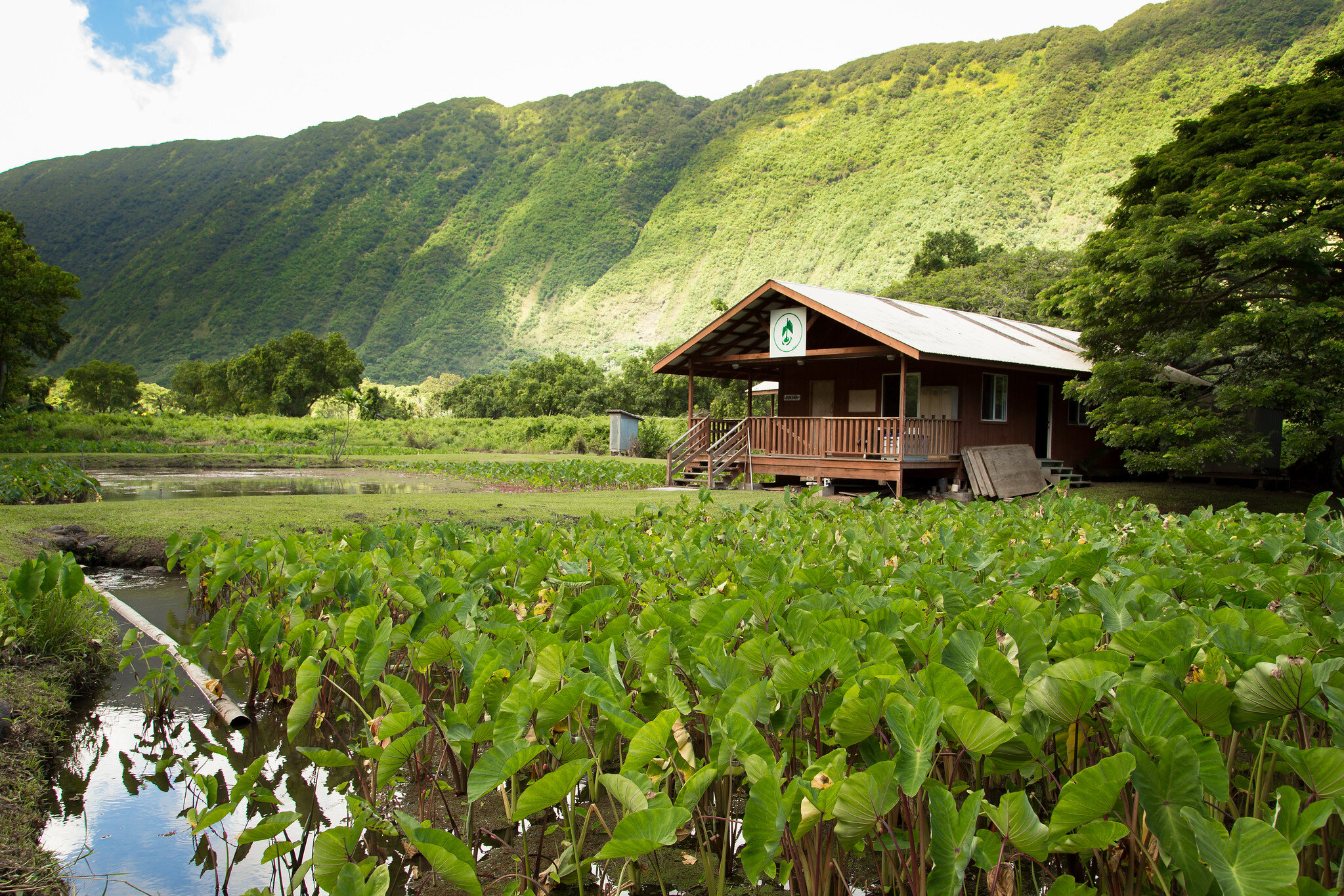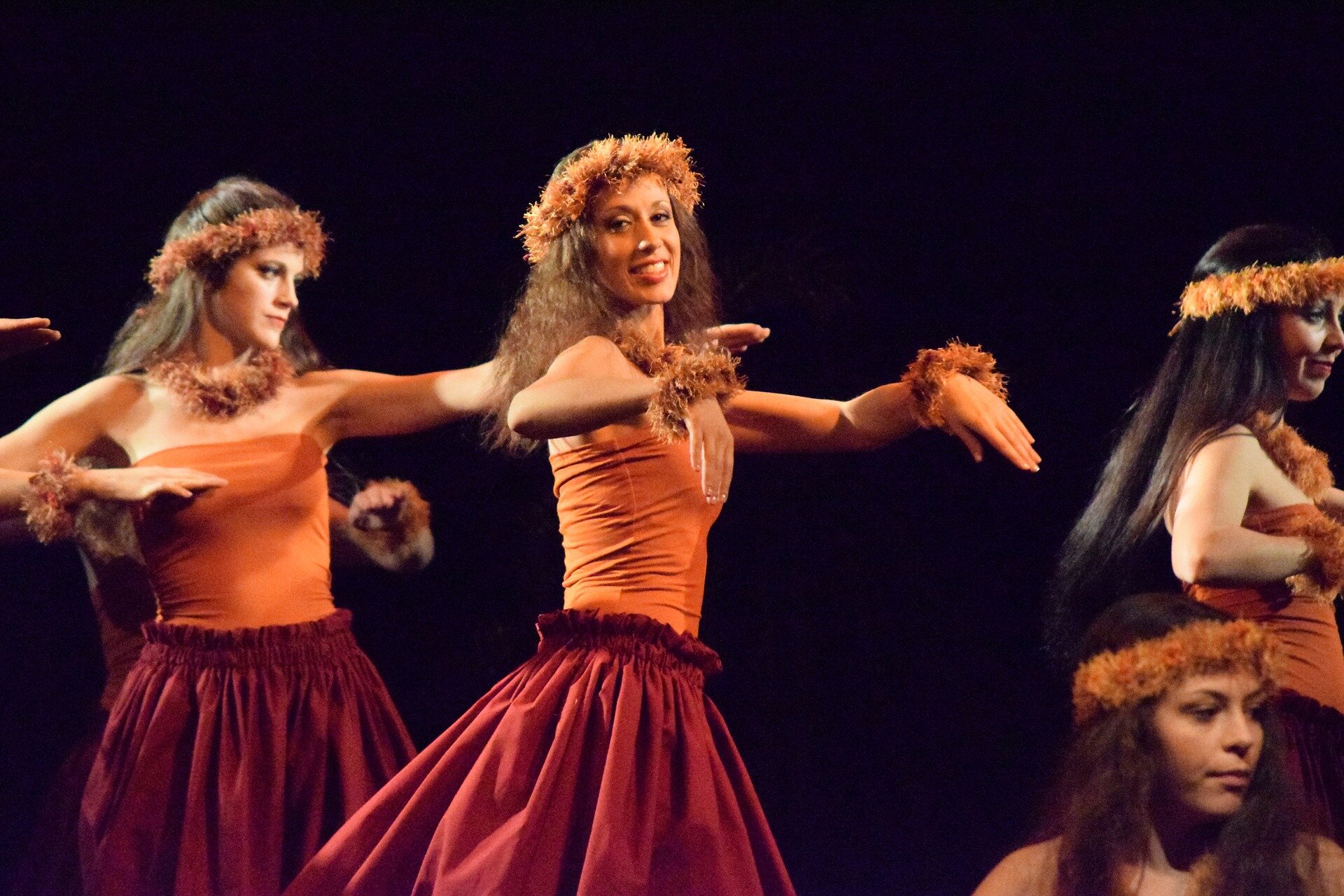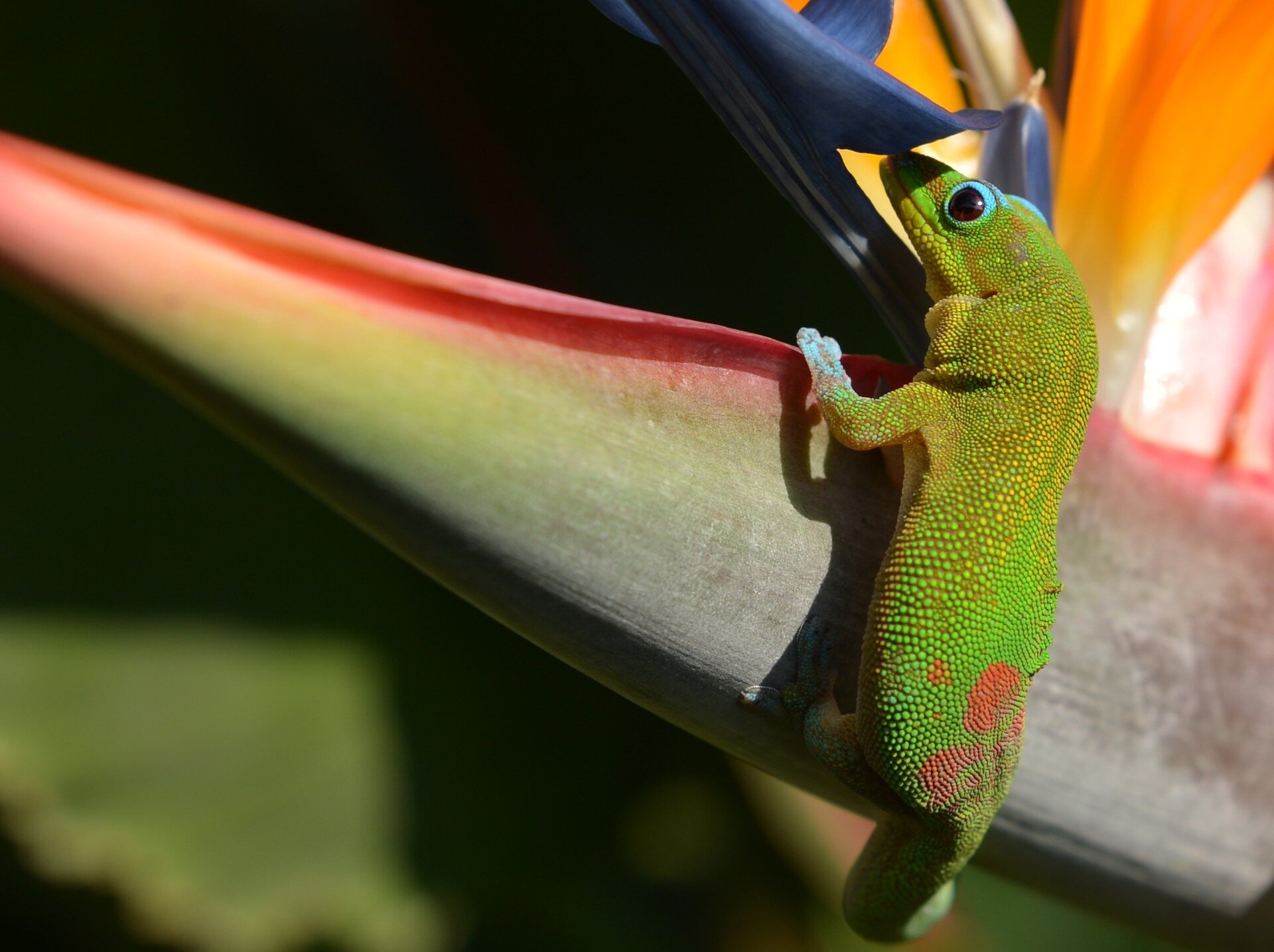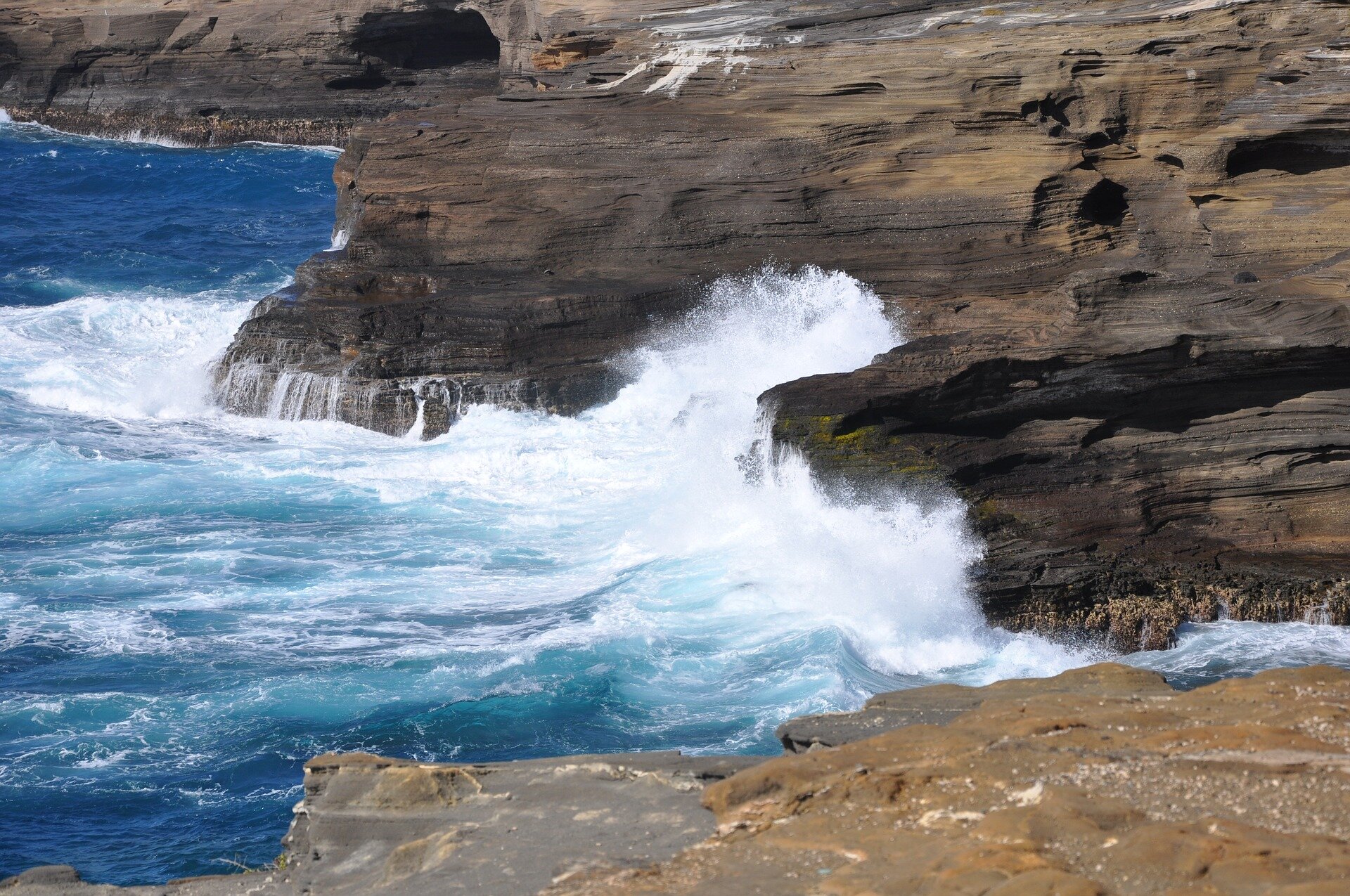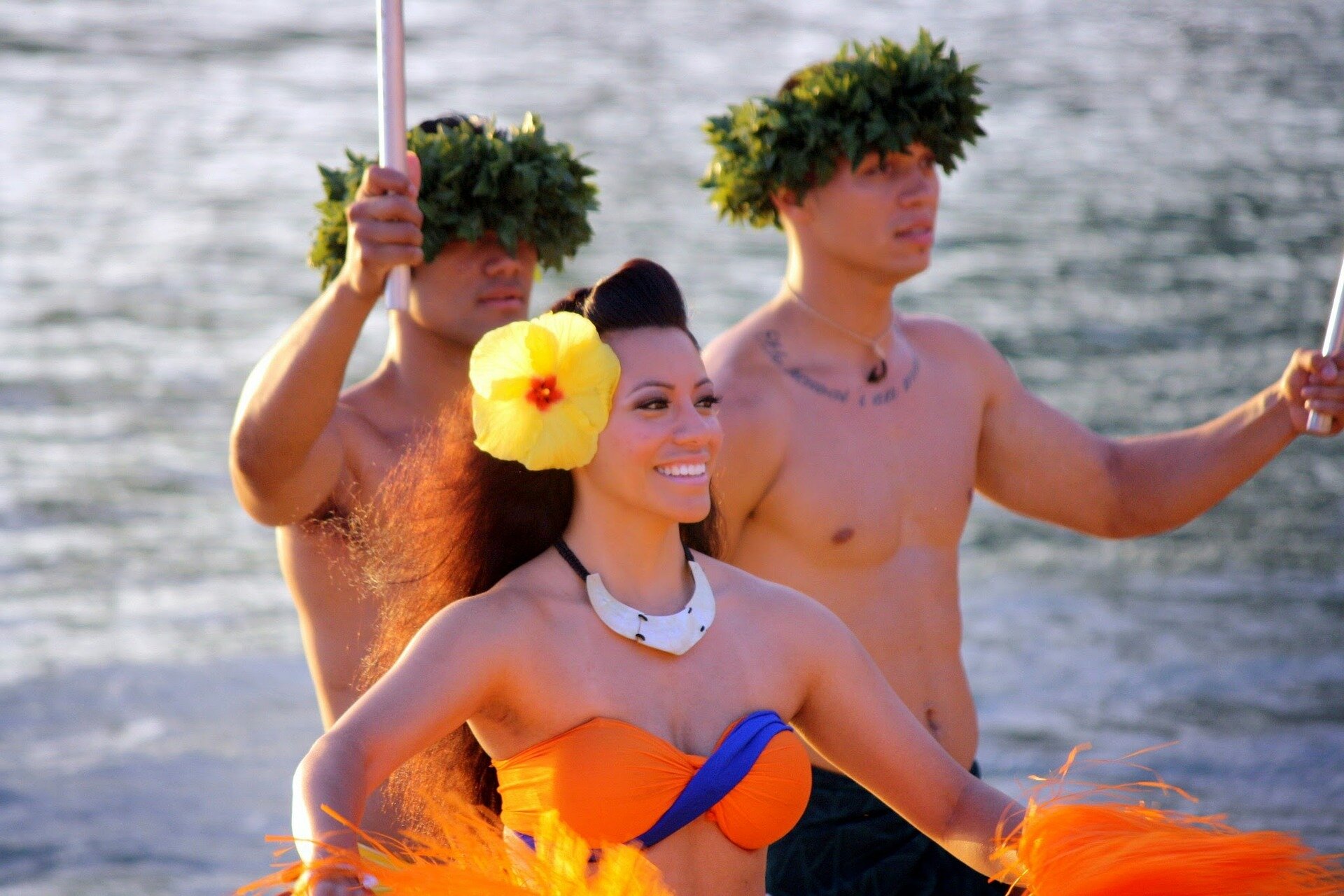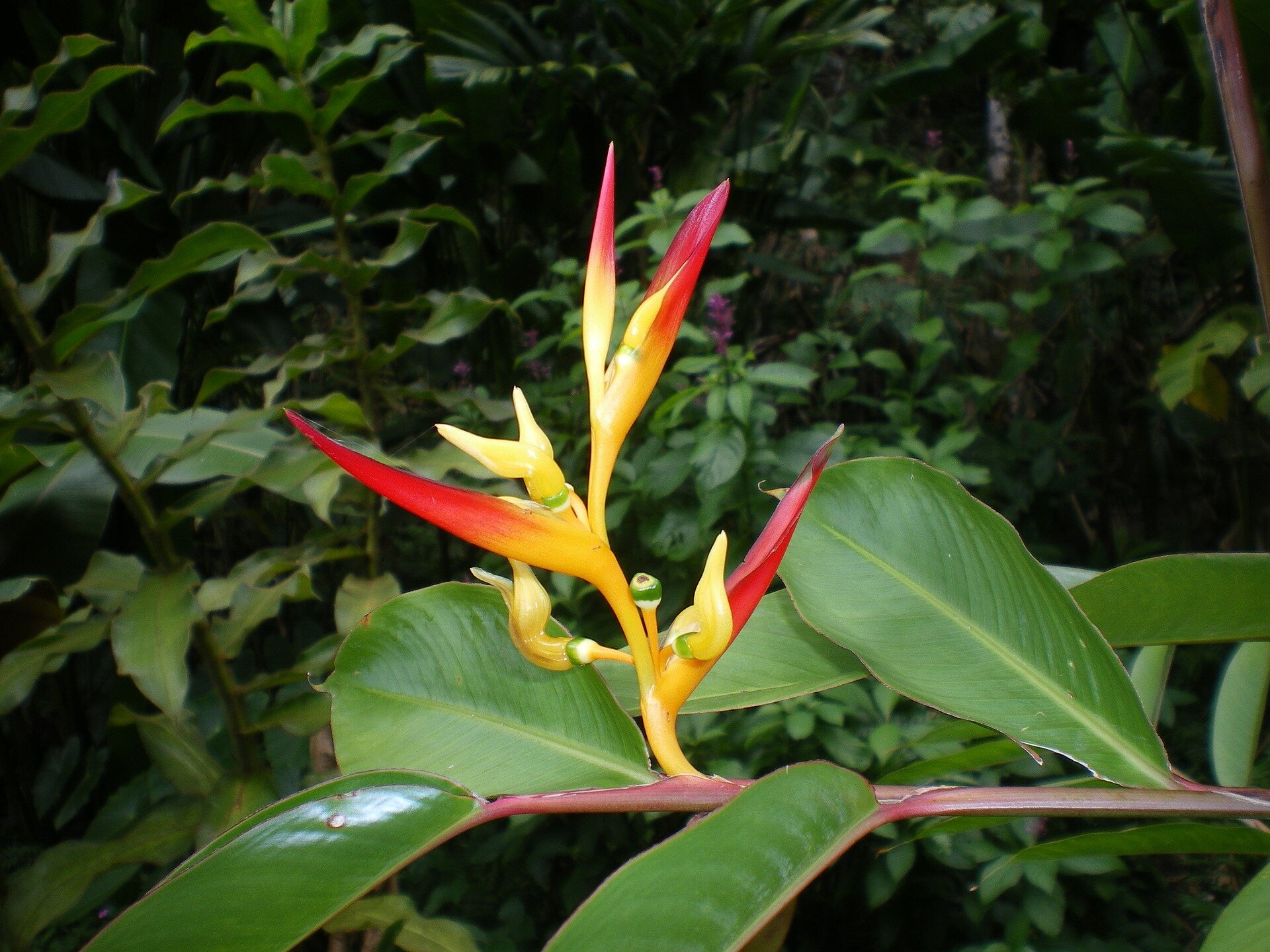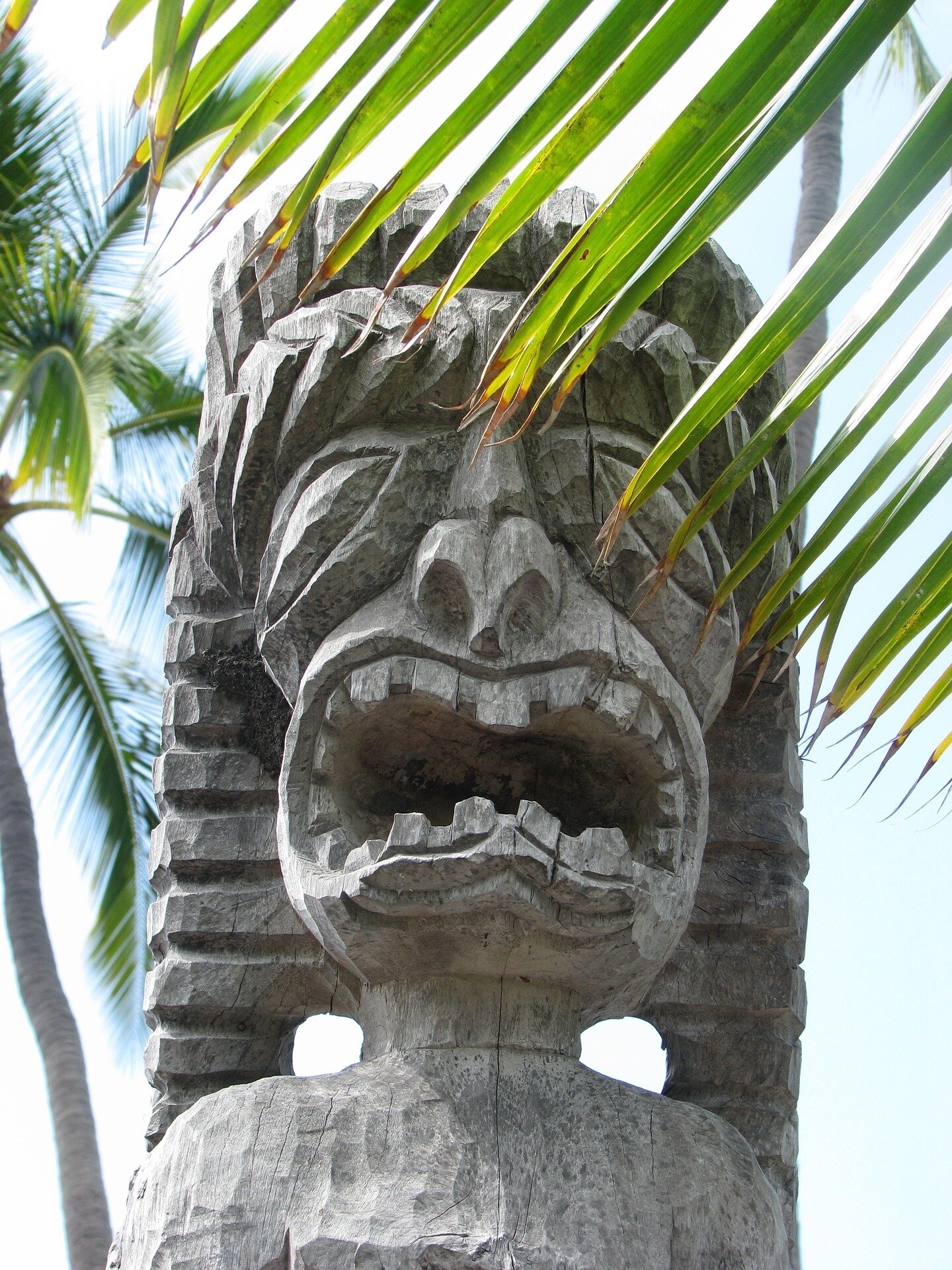UWL Island and Molecular Ecology:
An Introduction to Field Research in Kona, Hawaii
May 25 - June 1, 2022
The Big Island of Hawaii
137 islands and atolls stretching across 1,500 miles together form the Hawaiian archipelago, yet only 7 are inhabited by today’s Hawaiian population. Hawai’i -- also called The Big Island -- is the largest geographically and home to some of the most diverse ecosystems of the region. From Kiluaea, one of the world’s most active volcanoes, to Mauna Kea with a summit just under 14,000 feet, it’s obvious why so many people hope to experience the natural beauty and energy found on the island. Global Treks and Adventures is seeking research assistants to assist in the development of upcoming digital/interactive publications to the region highlighting the local biodiversity and culture. The goal of the publications will provide readers with fast access to the information they need to make the most out of their adventure to the Big Island.
Research in hawaii (What to Expect)
This introductory field course provides opportunities for students to experience, learn and apply field research techniques for collecting data in both marine and land environments and local culture. The research expedition will focus on the many realms of both Island or Molecular Biology. Students will have the opportunity to participate in:
Biological Studies: while hiking local trails and across volcanos, students will identify local flora and fauna and dive into cultural connections by learning how the local plants/animals have been used for cultural and medicinal purposes throughout history and today.
Molecular Ecology: students will participate in genome sequences of local plant/coral species of Hawaii.
Marine Biology Research: while snorkeling local reefs and hiking adjacent habitats, students will explore the biodiversity and health of marine ecosystems.
Geography: while traversing the diverse landscapes of the Big Island, students will have the opportunity to learn and apply GIS data collection of local trails. Students will also have the opportunity to visit Volcanoes National Park where Kilauea is currently erupting and can be safely observed from a distance.
Environmental Studies: students will explore local resources and current environmental threats by both manmade and naturally occurring environmental impacts.
Cultural Studies: students will explore the history of Hawaii and local cultural traditions in dance, language, food and celebrate the spirit of Aloha by participating local markets, festivals and via interviews with local community members.
Connections with local experts: students will have the opportunity to connect with local experts in both the biological and anthropological areas of study.
After researchers travel to Hawaii for 8 days of field research, they will then spend 1 - 2 weeks upon returning home post-trip to synthesize the information collected.
What you will gain from this Research Experience
1. Gain experience designing, researching, collecting, and synthesizing data.
2. Experience traveling abroad and immersing yourself in another culture.
3. The opportunity to participate in and complete a collaborative project with fellow researchers.
4. Build an impressive resume with field research experience that will set you apart from other candidates.
Certifications Earned on this expedition
Certificate in Sustainable Tourism — students will learn the main principles of how to interact with both urban and wilderness settings leaving as minimal impact as possible. Students will be able to both implement best practice into their daily actions and further lead by example for other travelers near and far.
Risk Management Level 1 — learning to assess risk is a potentially life-saving skill Global Treks feels everyone should practice even in their normal day-to-day surroundings. Global Treks students will be learn how to perform an objective analysis at the introductory level prior to participating in any type of adventure or outdoor activity providing crucial training to take forward on their professional or recreational paths.
THE Kona research base
Our team will be quite spoiled this year as we embrace the world Covid has created. The Global Treks Team will be based in two separate housing condos both located at the Keauhou Kona Surf and Racquet Club just outside Kona, Hawaii. The research base if located on 17 acres of land, shares grounds with an ancient Hawaiian archaeological site and is right on the western coast of the Big Island. Each unit composed of a kitchen, living room, several bedrooms and bathrooms. While bedrooms will be a mix of shared queen/king and twin beds, inflatable mattresses are provided for those that prefer their own space. The separate units provides plenty of space for everyone to spread out and enjoy the fresh ocean air! Amenities on site includes 3 tennis courts, a large swimming pool and close access to epic snorkeling, restaurants and shops. Two vehicles driven by the head instructors will be utilized for group transport for hikes, meetings and cultural gatherings.
travel Costs: $2,500
What’s included: The fee covers lodging, supplies, food, local transportation, and access to educational, natural history, and cultural centers. Basically, once we pick you up at the airport in Kona you would not have to spend a penny unless you would like to purchase souvenirs or other optional personal expenses.
What’s not included: Airfare transportation to Hawaii not included. We are more than happy to help you book your flight. Flights typically start around $400 depending on your location. We will meet you at the Kona airport (airport code KOA) with our company shirts on and a sign that says, “UWL.”
*We are happy to assist with scholarship applications and working with your university in order to receive credit.
Ready to Join?
Registration deadline: March 15th, 2022
Hawaii Expedition Week Schedule
Expeditions with Global Treks are unlike any other field research experience on earth. The research we conduct is hands-on, relevant, and applicable to each intern’s academic and career goals. The places we explore are far beyond the realms of a standard classroom. But, what’s it like to live the experience?
DAY 1: ARRIVAL DAY
After arriving at the airport and meeting with your team, today is spent acclimating to your new home abroad. Orientation is provided to your research base and surrounding area. The team spends time getting to know one another and the week’s agenda is outlined in detail.
DAYS 2 – 8: RESEARCH AND EXPLORATION TIME
Research days are absolutely PACKED to the max. Reearchers work collaboratively as they visit various locations around the island collecting data. Specific data collection techniques match each specific location visited each day. For example, biology research will focus on collecting data via interviews, GPS data point collection and observational species surveys. Anthropology and cultural studies research approaches involve more participant-observations, interviews, photography and collecting film footage.
Interviews are conducted with professionals, government officials, business owners and employees, everyday citizens and local villagers. Participants work together throughout their time together to collect and organize the data.
Each evening, students work with their instructors to expand field notes, learn new field techniques, set goals for the following day and attend various research or writing-related workshops. Each day’s agenda is reviewed the prior evening and students are held accountable daily for their field notes and progress.
Hawaii Highlights
STILL CURIOUS?
Check out past participant’s video of their research expedition to the Spanish Virgin Islands in 2019.
What past Researchers have to say about their experience:
Molly M. | LEE University
"Now being done with school and having a degree in journalism and a passion for traveling, I've been in that stage of life where I'm looking for all different kinds of opportunities to use my skills and expand them as well. I just happened upon this company and trip, and immediately was blown away at all that gets done in just a week's amount of time in the coolest places all over the world. During my time on the boat, I felt so motivated and trusted which makes a huge difference. I feel like I have the fire to write and get work done for the sailing guide professionally and I believe this will put me in the direction I want to go in with travel writing. Personally, I am so grateful to be in a welcoming environment with patience and adventure."
Eric N. | Texas A&M
"My Global Treks experience was truly one of the best of my life. The trip gave me an incredibly valuable academic experience. I probably learned more about hands-on, geographical data collection during the 8 days with the team than I have in two years at A&M. Though I think that says more about value of quality field experience than it does about any lack of quality from university education, because universities courses are hugely valuable, but nothing can replace high quality field experience. Furthermore, I believe my experience with Global Treks will give me a significant edge when applying to future internships with National Geographic (fingers crossed) and graduate school.
Joseph B. | Baldwin Wallace University
"This expedition was an overall amazing experience and definitely one that will stick with me forever. I felt that throughout the trip, my expectations and goals were exceeded. Academically, I was able to conduct valuable field work in regards to both geology and GIS. To be in the field collecting and analyzing samples from a remote location is valuable knowledge that will only help me and help me grow further as an individual in the field of geology. As for GIS, this was the first of GPS tracking and collecting data, so to go into the field and actually learn hands on how to do so is invaluable. I consider myself a hands on learner, so this field work helped me exceptionally and it will help me in the long run to apply these new skills to further my education. Professionally, this expedition taught me how to do real life work outside of the classroom in a group setting and individually. Instead of just doing group work in the lab, I was outside in the field tracking in a team. As well as looking at rock formations and identifying rock types as an individual. Not to mention working as a team throughout the week on the sailboat. That alone took an innumerable amount of teamwork and camaraderie to get through the week. This helped so much especially going into a setting where we were all strangers. You can’t always pick who you work with and you must adapt to the setting and what you’re given. Thankfully, the team was amazing and it was so refreshing to work with such an awesome group of people. Personally, this trip overall was an amazing experience and it was definitely an adventure that helped me grow as an individual. Constantly helping others to accomplish a common goal is something I’m used to because of always being in a team setting, but never in this capacity. Sailing and living on a boat for a week was such an amazing experience and the lessons, memories, adventures, and experience will stick with me forever. I look forward to applying these skills in the future.
Where are they now?
Greg Farley
Greg was a researcher on the 2016 San Juan Islands expedition. He helped to build the GIS maps for the Naturalist Guide to the San Juan Islands. Greg now works as a Human Geographer and Geospatial Analyst for a federal agency.
Katherine Kavanaugh
Katherine was a researcher on our 2017 Iceland Research Expedition. She helped map some of the first hiking trails of our Trail Guide project. Katherine currently works with NASA mapping climate change.
Adam Weaver
Adam was a researcher on one of our Iceland research teams with the responsibility to explore Iceland’s dynamic history and economy. Adam now works for Patagonia in California.
Lauren Caine
Lauren jumped into Iceland’s Search and Rescue Teams and the world of disaster relief. Following the expedition, Lauren is now working with FEMA helping with disaster relief management around the United States.
Molly Mann
Molly was a researcher on the Spanish Virgin Islands team utilizing her passion for creative writing to capture life on the archipelago. Molly now works with a publication company in Nashville and maintains a travel blog.
Jackie Bussjaeger
Jackie was on our Apostle Islands research team. She researched and wrote about the history of the islands. Jackie now works with Global Treks as an editor as well as a writer for the White Bear Lake Newspaper.
GLOBAL TREKS AND ADVENTURES, LLC PRIDES ITSELF IN FOLLOWING FEDERAL FAIR LABOR STANDARDS ACT FOR INTERNSHIPS. THE FOLLOW DESCRIBES THE PRIMARY BENEFICIARY OF THIS RELATIONSHIP:
Internships with Global Treks and Adventure are designed to provide real world training similar to that provided in an educational environment, including the clinical and other hands-on training provided by the intern’s educational institution. Our field research interns take the skill-sets they have learned in the classroom and apply them to real-world settings.
Internships with Global Treks and Adventure are designed to comport with the intern’s formal education program by integrating coursework or the receipt of academic credit.
Internships with Global Treks and Adventure are designed to accommodate the intern’s academic commitments by corresponding to the intern’s academic calendar. Field research opportunities correspond with academic breaks, taking advantage of the time available to travel to our field research locations.
Internships with Global Treks and Adventure are limited in duration for the purpose of providing the intern with beneficial learning.
Internships with Global Treks and Adventure are designed to ensure the intern’s individualized academic studies complement, rather than displace, the work of Global Treks and Adventure’s paid employees while providing significant educational benefits to the intern.
Interns participating in Global Treks and Adventure’s Internship Program expressly understand and agree that their participation therein is without entitlement to and/or any expectation of a paid job at the conclusion of their internship. While former interns have continued to work with Global Treks following their internship experience, Global Treks and Adventures disclaims any promise of a paid job at the conclusion of an internship, express or implied.
All internships with Global Treks and Adventure are unpaid with the intern expressly understanding and agreeing that they have no expectation of any monetary compensation. Global Treks and Adventures disclaims any promise of compensation, express or implied.






